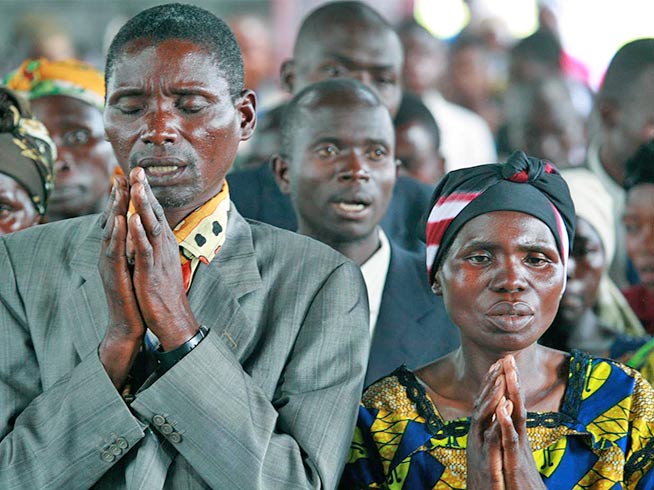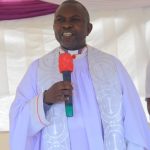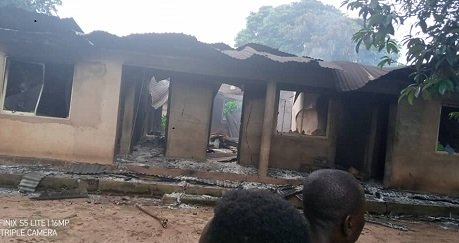On July 24, over 30 bodies were discovered following a brutal assault by Islamic extremists, the Allied Democratic Forces (ADF), on a Christian community in Eastern Congo.
The bodies, many decapitated, were found in the Batangi-Mbau area of the Beni territory in North Kivu, Democratic Republic of the Congo (DRC). Léon Siviwe, chief of Beni-Mbau, reported that this attack was part of a series of violent events that had intensified over the week. The victims came from various villages within the Babila-Bakaiku locality, including Kotanarespe, Nakota, Musangwa, and Akwekwe.
“This tragedy has claimed our brothers, sisters, daughters, and sons, who lost their lives at the hands of the ADF,” a survivor recounted. “I remember the day my neighbor was taken and later found dead.”
Another resident spoke of the profound emotional impact on the community: “The recent violence has devastated us. We are left with empty chairs and haunted by memories. Mourning has become a constant part of our lives, and the trauma is something that will affect our children, who should be enjoying their youth but instead bear the burden of fear and grief.”
Reflecting on the ongoing violence, the Anglican Bishop of Beni highlighted the severe psychological impact on civilians in Beni. “Living in constant fear is exhausting,” he said. “Every loud noise triggers panic. The laughter of children has turned into silence and whispers of who might be next. Our nights are plagued with nightmares, and we are perpetually on edge.”
“These atrocities generate a deep anxiety and trauma, particularly in regions like eastern Congo where attacks by armed groups like the ADF have become tragically routine,” he added.
International Christian Concern (ICC) has documented several ADF attacks on Christian communities since the withdrawal of U.N. peacekeepers from DRC earlier this year.









